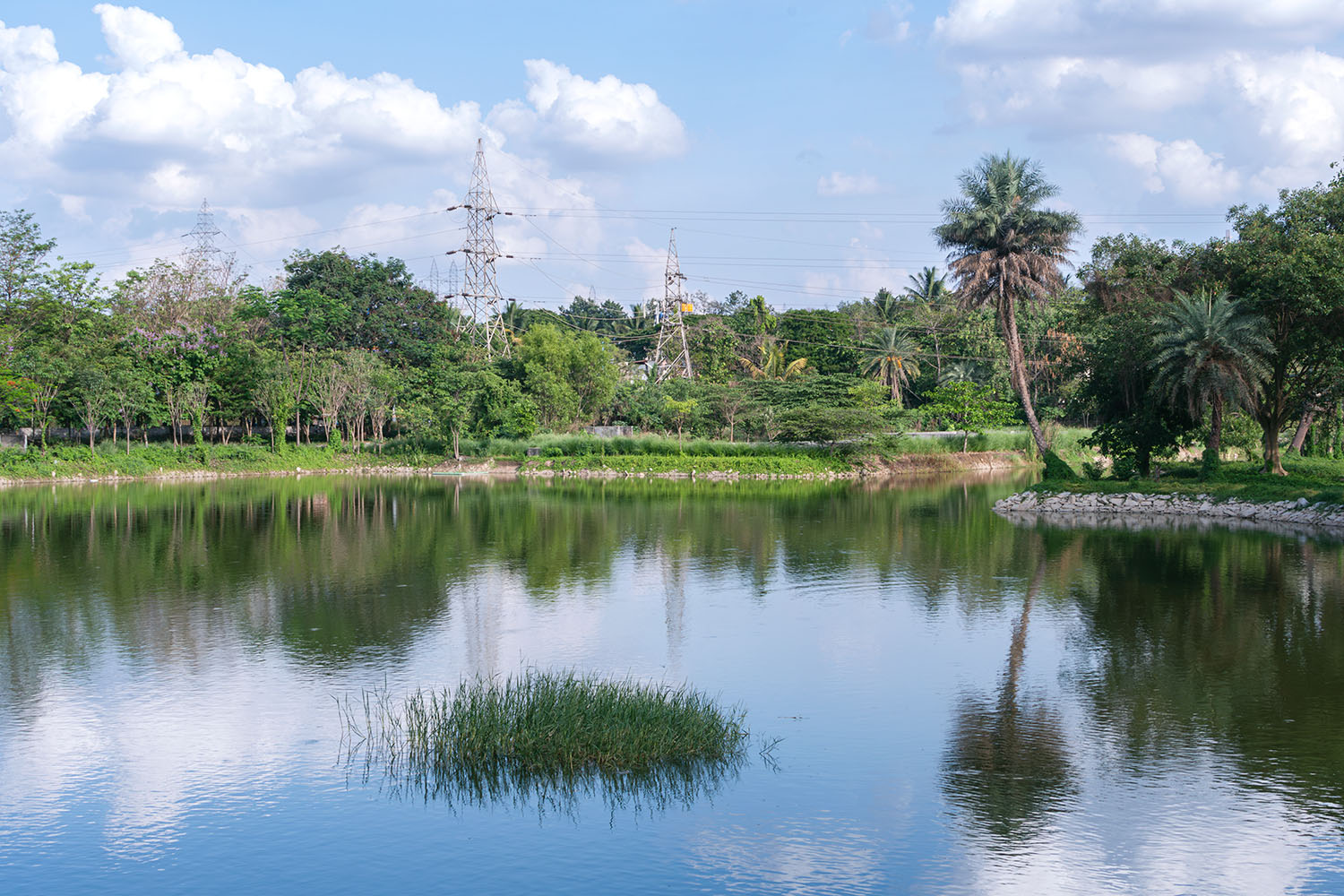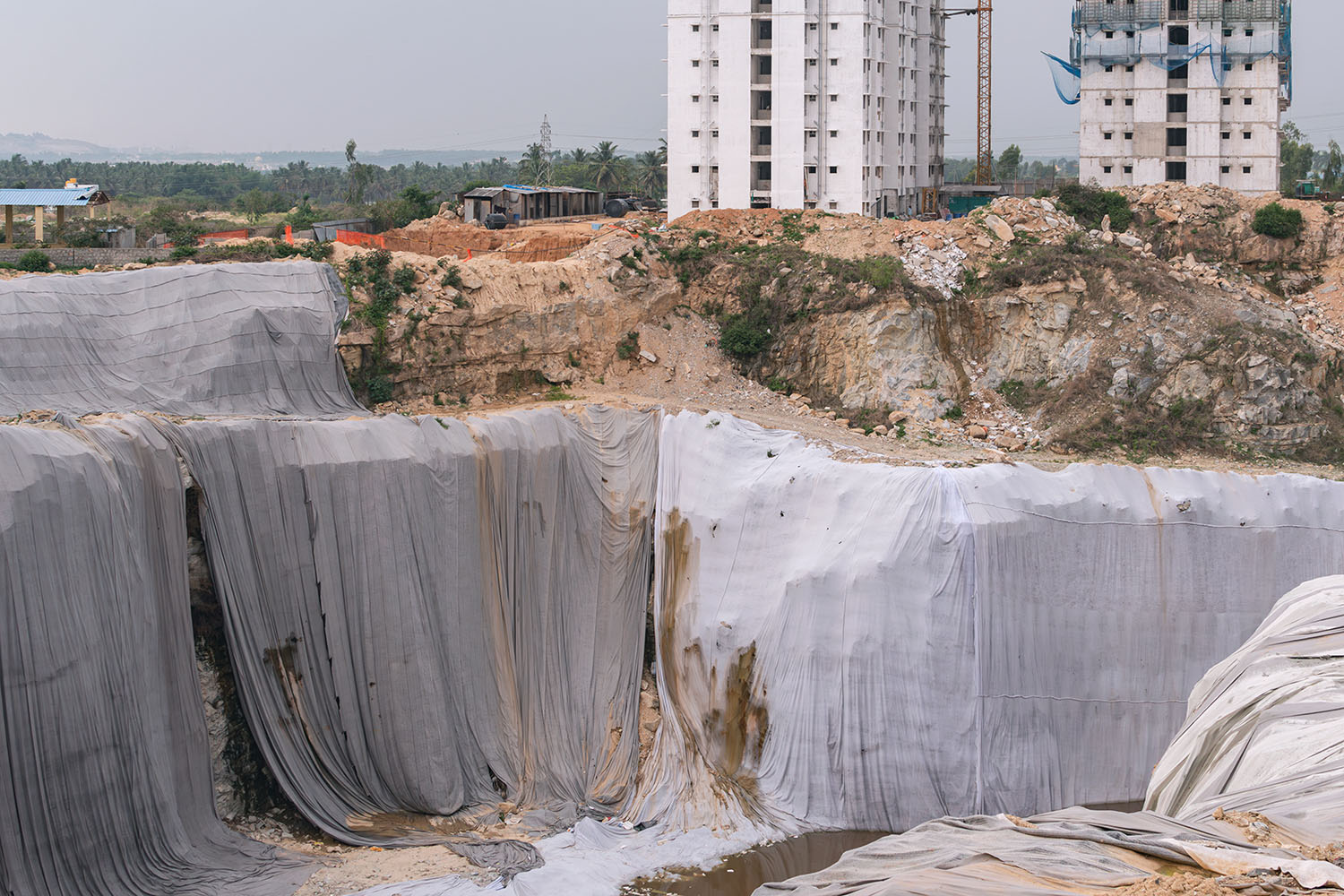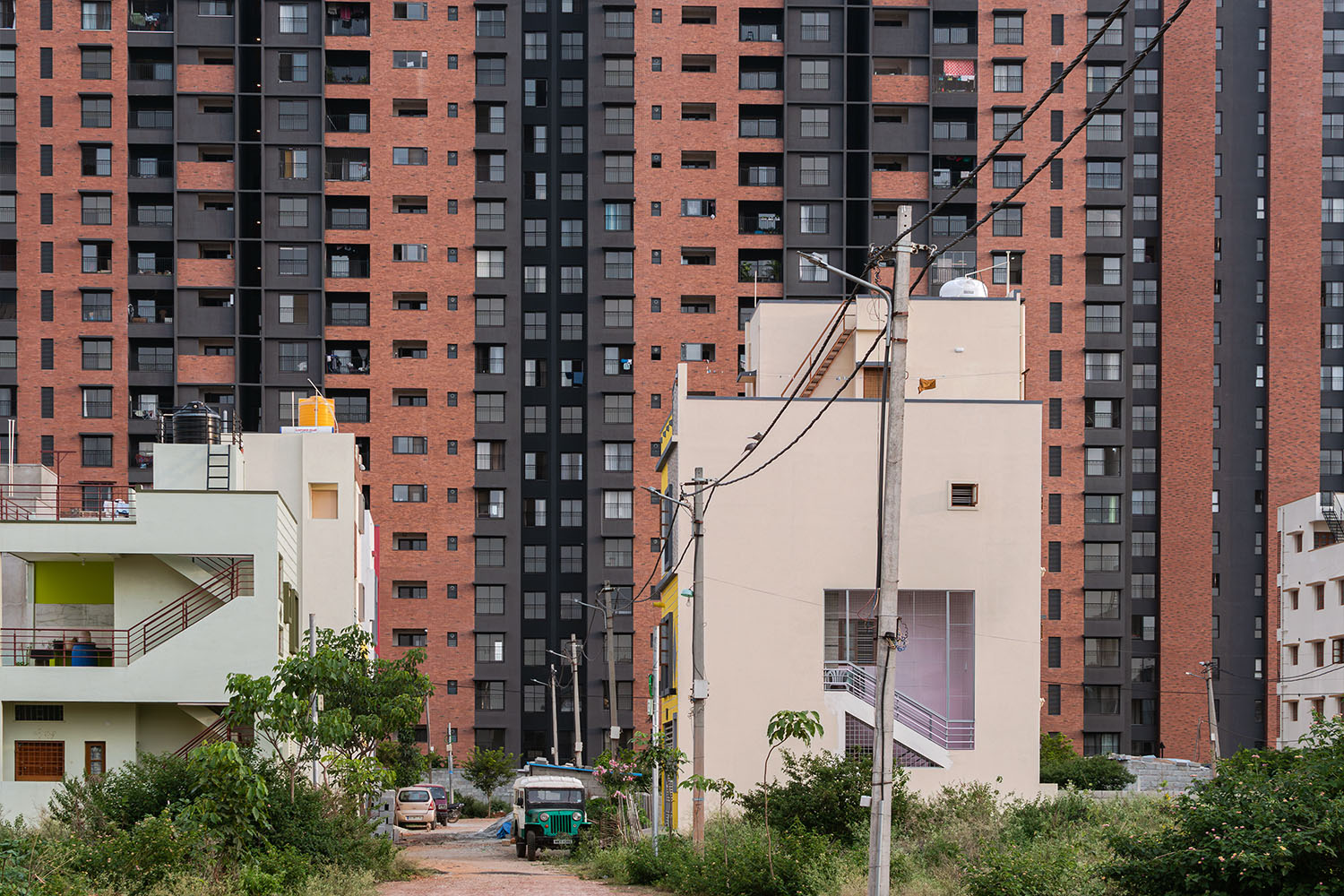
In 2022, Bengaluru experienced very heavy rainfall during the monsoon season, which caused many of the city’s lakes and storm-water drain systems to overflow. This led to widespread flooding in many areas of the city, causing damage to property and infrastructure, causing disruptions to transportation and daily life. In the recent decade, the problem of floods has become more frequent in Bengaluru.
Encroachments of lakes and wetlands have reduced their capacity to hold water, leading to increased runoff during heavy rainfall. The loss of green spaces and natural areas has also led to a decrease in the city’s ability to absorb and retain water. Unplanned development, particularly in low-lying areas, has also contributed to the problem by blocking the natural flow of water and increasing the risk of flash floods. In addition, many of the Rajakaluves have been encroached upon and built over, reducing their capacity to channel water effectively. Additionally, the city’s modern drainage infrastructure is inadequate and unable to handle the heavy volume of water during monsoon season, leading to flooding in many areas.
The problem of floods in Bengaluru is a complex issue that is the result of a combination of factors, including lake encroachments, unplanned development, and poor
drainage infrastructure. Bengaluru’s unique topography has allowed the formation of these unique water systems, which were further strengthened by its natives over hundreds of years. It is painful to witness these water systems in their present state of neglect. As an immigrant living in Bengaluru since the past year, I’ve had up close and personal experience with the aforementioned issues that the permanent residents of the city face on a cyclical basis. It intrigued me to visit these water systems to document and encapsulate the key findings in a palatable project for the public domain.



